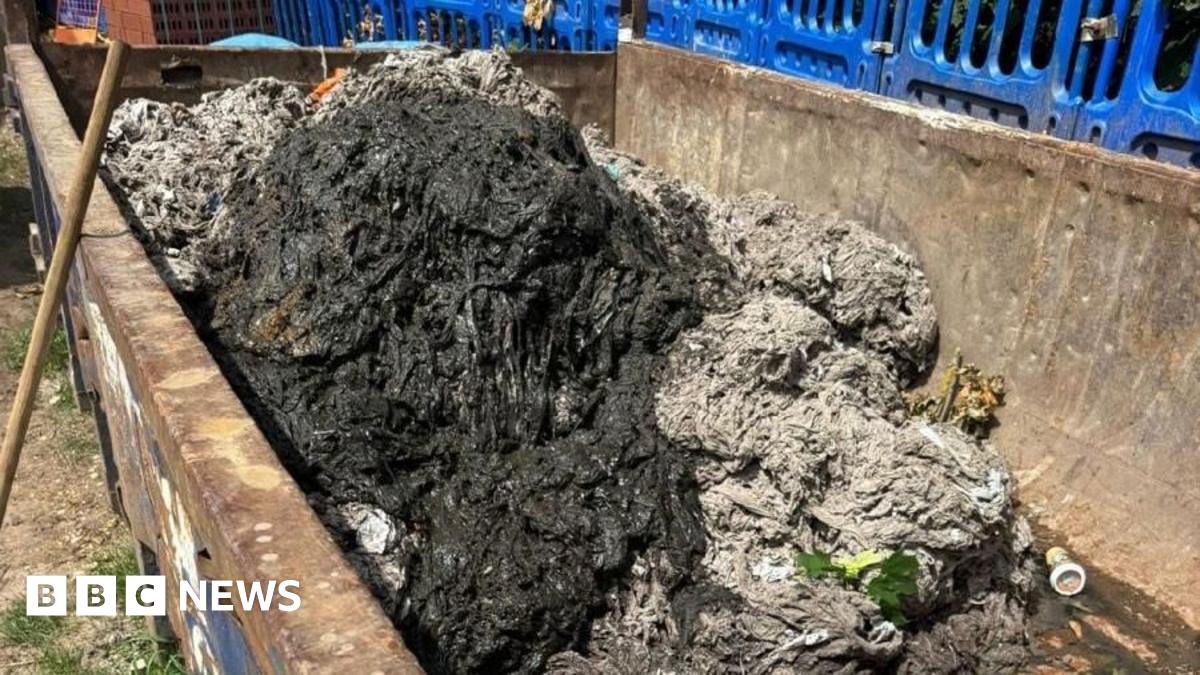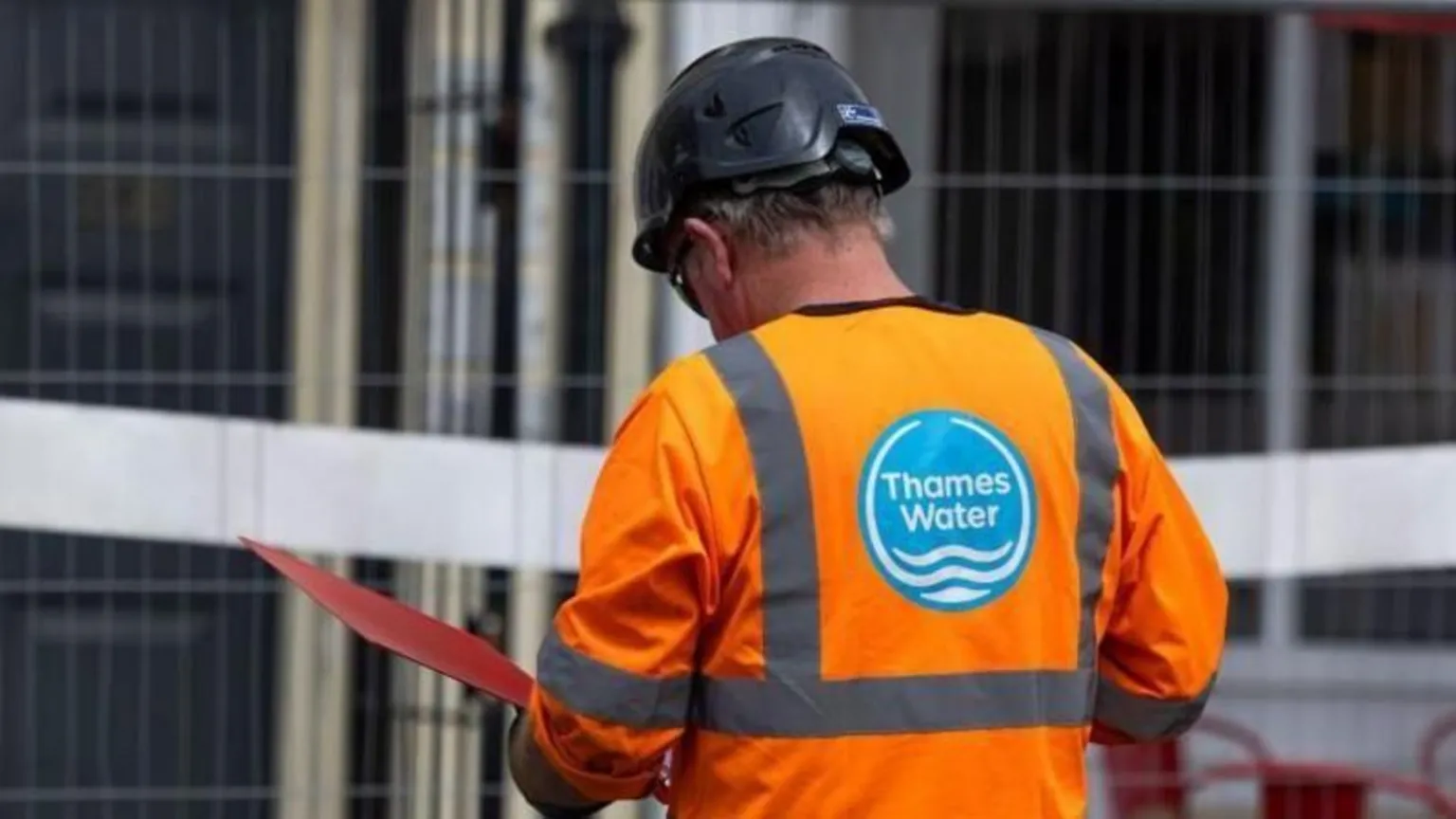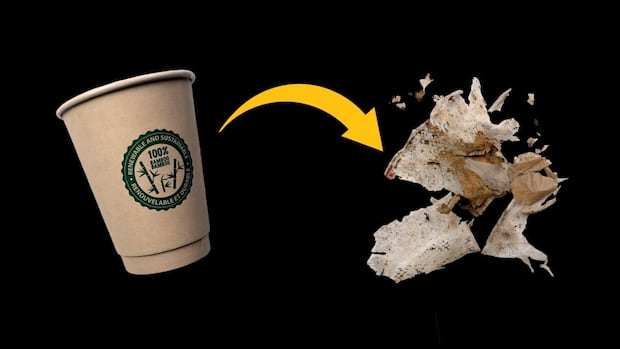Massive 100-Tonne Fatberg Removed from West London Sewer
A 100-tonne fatberg, the weight of approximately eight double-decker buses, has been successfully cleared from a sewer in Feltham, West London. Thames Water reported that a specialized team spent over a month removing the enormous blockage, which was located more than 10 meters (32ft) below street level.
The Fatberg's Composition and Discovery
The solid mass primarily consisted of wet wipes, congealed by a mixture of fat, oil, and grease (FOG). These substances combined to create a rock-like obstruction that severely restricted the flow within the sewer system. The fatberg's existence was discovered following an incident where investigators traced the blockage back to its source.
The Grueling Removal Process
Accessing the fatberg required specialized equipment and safety precautions. Engineers, equipped with gas monitors, descended into the sewer via a 3-meter diameter maintenance hole. They then employed a combination of blasting, chiseling, and high-pressure hoses to dislodge the accumulation from along a 125-meter stretch of sewer main. The vile accumulation was then sucked to the surface and trucked away for disposal at a landfill site as toxic waste.
Thames Water's Perspective and Ongoing Efforts
Alexander Dudfield, engagement lead for network protection at Thames Water, emphasized the complexity of the operation. "The clearance of this fatberg was hugely complex for our team of engineers and shows some of the challenges we face." He also noted that smaller blockages in local pipes, often caused by individual households, are a common problem leading to sewage backups and potential environmental damage.
The Wider Problem of Sewer Blockages
Thames Water spends approximately £18 million annually clearing blockages from its network. These blockages often consist of wet wipes and other non-biodegradable items. The company stated it had cleared 28,899 rag blockages, primarily made up of wet wipes, 14,810 fat, oil and grease blockages and 686 third party blockages, made up of concrete and other sewer-blocking materials this year. The company continues to urge the public to refrain from flushing wet wipes and other inappropriate items down the toilet.
Calls for Responsible Waste Disposal and Government Action
The incident underscores the importance of responsible waste disposal practices. Thames Water is actively campaigning to raise awareness about the impact of flushing wet wipes and pouring fats, oils, and grease down drains. The government's recent announcement of plans to ban plastic wet wipes has been welcomed as a step in the right direction.
 Visit the website
Visit the website







